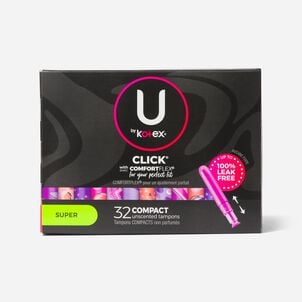What if you don't like your employer's HSA options?
Employer-sponsored investment and insurance options are usually a blessing. They're low-cost, easy to enroll in, and often come with a contribution-matching option. As someone who left a traditional job with a full benefits package to become a freelance writer, I'll admit that open enrollment often makes me question that decision.
But not all employer-sponsored plans are created equal. With HSAs in particular, there are plenty of sensible reasons to look elsewhere.
Reasons why you might not like it…
Before we dive in, let's be very clear -- there are a LOT of benefits to using your employer's HSA. Most notably, the convenience of having contributions coming directly from your regular payroll deposit, saving you any concerns or missed contributions. We understand that these are big decisions, and recommend speaking with your administrator before making any decisions.
That said, HSAs are like most other accounts. Every bank has its own features, fees and benefits, so no two accounts are exactly alike.
Here are some ways HSAs can differ:
- Investment thresholds: Most banks let you invest the funds in your HSA after you've reached a $2,000 minimum, but others require a higher threshold. If investing your HSA is a priority, find a bank with the lowest possible minimum. There are a small handful that allow investing with just $1,000.
- App functionality: Apps associated with HSAs can range from sleek to bulky. If you're not happy with the options available on your HSA app, you might be better off finding a more user-friendly option.
- Investment options: Just like a 401(k) at one employer might have a better selection than a 401(k) at another, one HSA bank may offer a wider variety than its competitor. Again, this information is only valuable for investors. If you plan to spend down your HSA or keep it all in the cash portion, you don't have to worry about this.
- Fees: Like regular bank accounts, HSAs sometimes have monthly maintenance fees and other charges. The fees are usually between $2-5, but can add up quickly if you're a longtime account holder.
How to work through this...
If you don't like your employer's HSA, your best option is to open your own HSA and transfer the money you've been saving into that account! If your employer contributes money to your HSA every month, you can set up monthly transfers of the same amount to funnel cash from one account to the other.
This strategy is a little complicated and requires extreme vigilance, so anyone who struggles to juggle their investments or frequently forgets account information should steer clear. For example, if your employer reduces their monthly contributions, you have to change the transfer amounts to avoid overdrawing your account.
You also have to be mindful of your account balance every time you make a payment or risk further overdraft.
Here's how this system would work:
- If it's not already active, open an HSA with the employer-provided bank.
- Open an HSA with a bank of your own choosing.
- Set up automatic transfers or make manual transfers to your personal HSA.
- Be sure not to count contributions to your HSA twice on your taxes.
We won't lie - this is a difficult decision. And we're certainly not investment professionals - this isn't financial advice, just one take on the situation. (Always seek the guidance of a licensed, qualified financial professional before making these decisions.) But if you're currently evaluating your employer's HSA, consider the above rundown and carefully weigh your options before making any significant moves with your account.
 |
| 

.png)
















